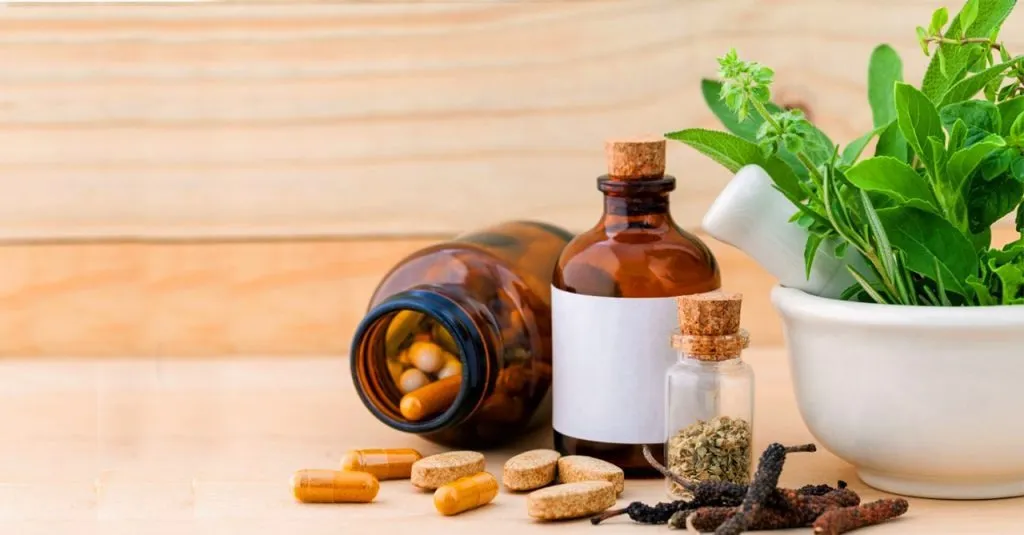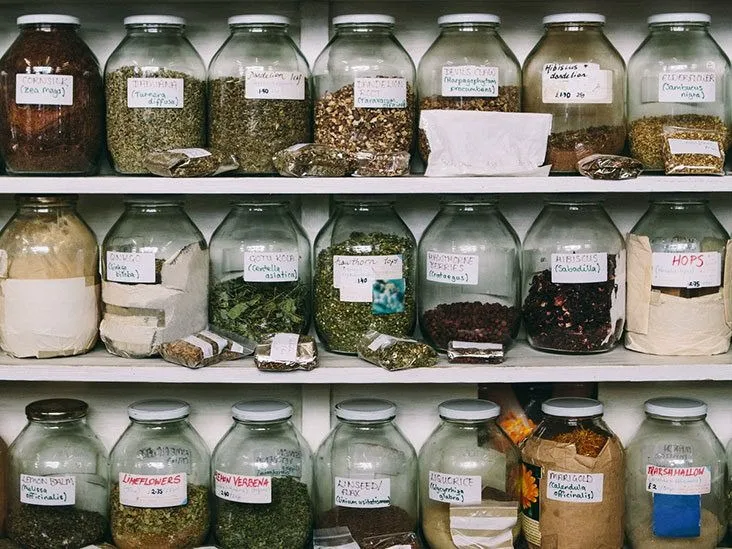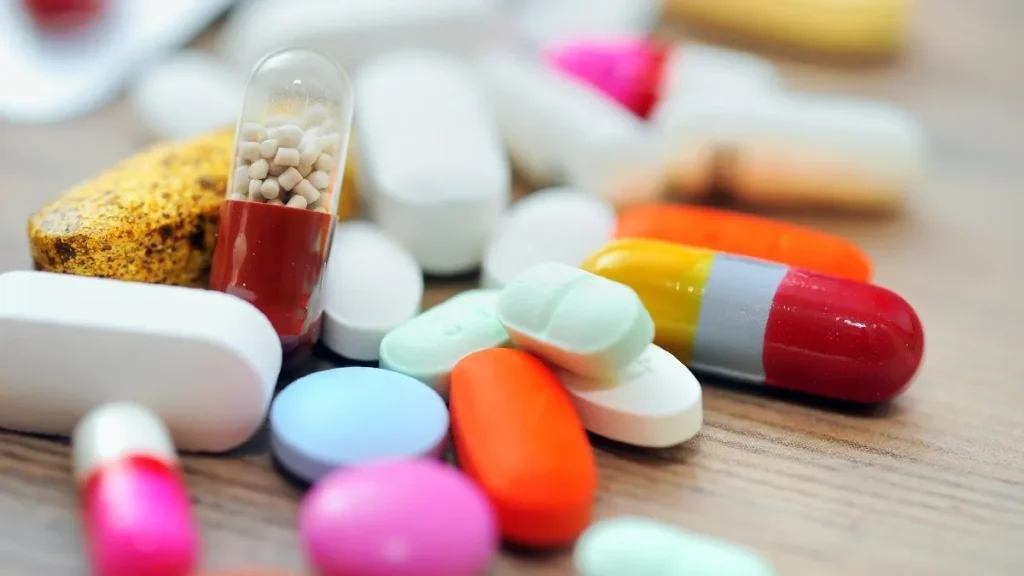The Ayush sector has experienced remarkable growth, with a 17% annual increase from 2014 to 2020. The industry’s market size surged from $2.85 billion in 2014 to $18.1 billion, reflecting a sixfold expansion. This sector is poised to create nearly 3 million job opportunities, showcasing its substantial impact on the Indian economy.

Expanding Market Share
The Ayush market is diverse, with herbal plants leading at 43.35%, followed by nutraceuticals at 24.65%, and pharmaceuticals at 14.11%. The herbal medicine sector alone grew at 7.4% annually during 2014-2020. The herbal pharmaceutical segment, in particular, saw impressive growth at 18.5% during the same period, representing 14.1% of the market in 2020.
Boosting Exports
India’s Ayush exports grew from $1.09 billion in 2014 to $1.54 billion in 2020, with an annual growth rate of 5.9%. The herbal pharmaceutical sector contributed 35.2% of these exports, while extracts and nutraceuticals each accounted for around 22%. Key markets for Ayush exports include the USA, UAE, Germany, Japan, and the UK, among others.

Investment and Growth Projections
India exported Ayush and herbal products worth $1.24 billion between 2021 and 2023, with $612.1 million in 2021-2022 and $628.25 million in 2022-2023. The Ayurvedic market is projected to grow at a 15% CAGR from 2021 to 2026. By 2025, the Ayush-based healthcare and wellness economy is expected to reach $1 trillion, underlining the sector’s rapid expansion.
Government Initiatives and Infrastructure
The Indian government is making significant investments in Ayush, aiming to increase healthcare spending from 1.3% to 3% of GDP. The sector boasts over 8,000 species of medicinal plants and more than 8,600 drug manufacturing units. There are 3,844 Ayush hospitals and 36,848 Ayush dispensaries across the country.
Policy Support and Foreign Investment

The Ministry of Ayush is fostering a favorable investment climate through policies like 100% FDI in Ayush projects and the establishment of Ayush Parks. The creation of the WHO Global Centre for Traditional Medicine in Jamnagar, Gujarat, with an estimated $250 million investment, will enhance research, regulation, and trade in Ayush.
Promoting ‘Made in India’

The rise of Ayush products both domestically and internationally supports the ‘Made in India’ initiative by showcasing Indian traditional medicine on a global stage. This sector’s growth is driven by increased government spending, the development of standards, and policy support, reinforcing India’s position as a leader in traditional medicine and wellness.
